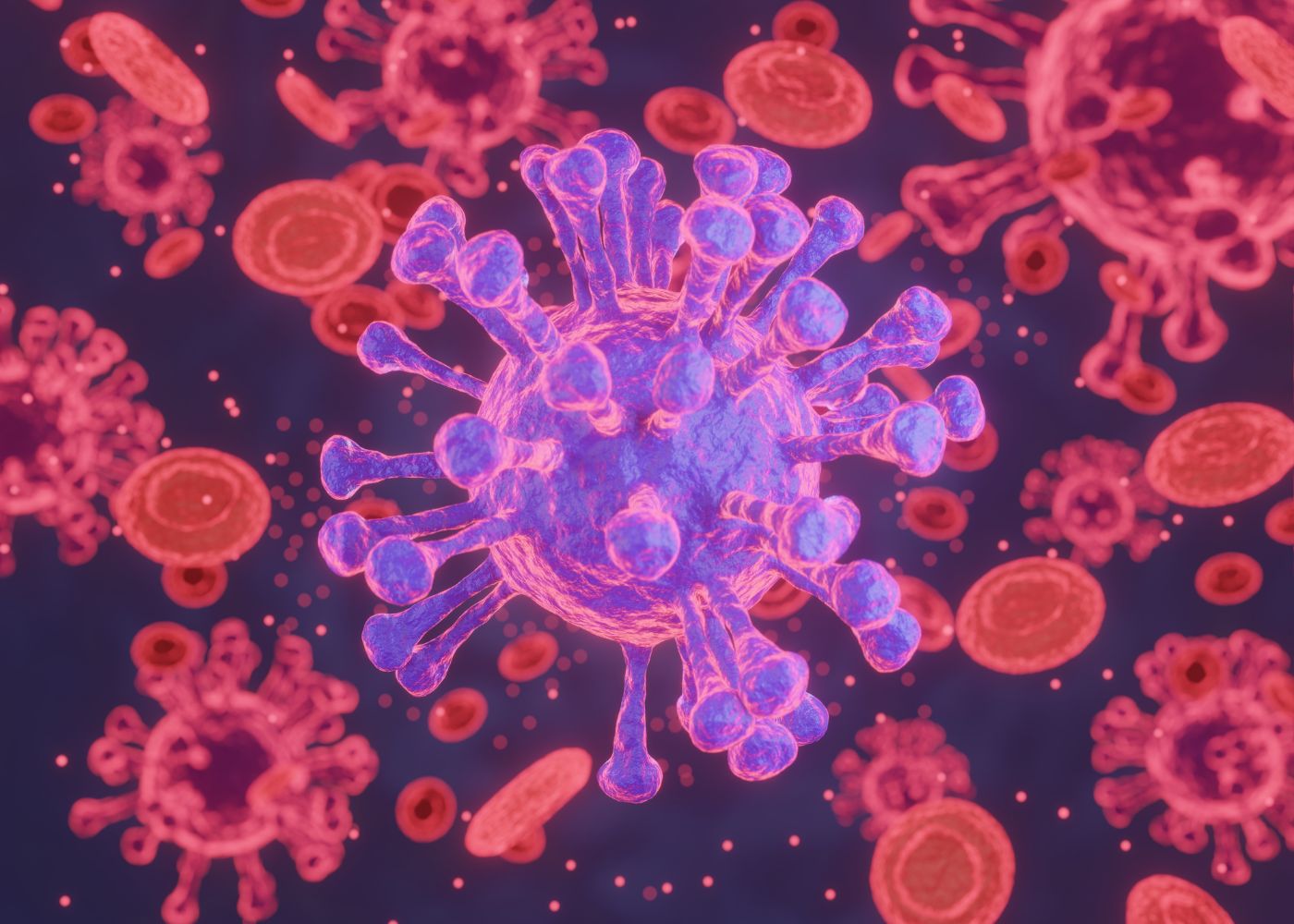Bird flu, also known as avian influenza, is a global health concern due to its potential impact on humans. Understanding its causes, symptoms, and treatment options is crucial for staying safe and ensuring timely care.
What Is Bird Flu?
Bird flu is caused by avian influenza viruses, primarily affecting birds but occasionally spreading to humans. Transmission usually occurs through direct contact with infected birds, contaminated surfaces, or bird droppings.
Although rare, human-to-human transmission is possible in certain strains like H5N1. Awareness and early prevention are key to minimizing risks.
How Is Bird Flu Contracted?
Humans may contract bird flu through:
- Handling infected poultry or wild birds.
- Exposure to contaminated surfaces or materials.
- Inhaling particles from bird droppings or secretions.
While the likelihood of contracting bird flu remains low for the general population, individuals working with poultry or in high-exposure environments should take extra precautions.
Washing hands frequently and avoiding contact with sick or dead birds are simple but effective preventive measures.
Recognizing Symptoms of Bird Flu in Humans
Early recognition of symptoms can lead to prompt treatment. Common symptoms include:
- High fever (often over 100.4°F or 38°C)
- Cough and sore throat
- Muscle aches and fatigue
- Shortness of breath
- Diarrhea or abdominal discomfort in some cases
Severe cases can progress to pneumonia or acute respiratory distress. If you suspect exposure to bird flu and experience these symptoms, consult a healthcare professional immediately.
Related Resource: How Long Is the Flu Contagious?
Current Treatment Options for Bird Flu
Treatment focuses on antiviral medications and supportive care. Antiviral drugs like oseltamivir (Tamiflu) and zanamivir (Relenza) can reduce symptoms and prevent complications if administered early.
Dr. Karen Tashima emphasizes the importance of starting treatment as soon as symptoms appear for the best outcomes.
Supportive care may include oxygen therapy, hydration, and fever management. Hospitalization may be necessary for severe cases, particularly those involving respiratory distress.
Preventive Measures Against Bird Flu
Prevention remains the best defense against bird flu. Recommended strategies include:
- Vaccination: While vaccines for specific bird flu strains are in development, annual flu shots can provide some cross-protection.
- Dietary Choices: Consuming antiviral foods like garlic, ginger, and citrus fruits may support immune health.
- Hygiene Practices: Regular handwashing and sanitization reduce exposure risks.
The Role of Urgent Care in Managing Bird Flu Cases
Urgent care centers are designed to provide quick and efficient medical attention for individuals experiencing flu symptoms or seeking preventive care.
With skilled medical staff and accessible locations, urgent care centers ensure timely diagnoses and personalized treatment plans to help manage symptoms effectively and prevent complications.
In addition to treatment, many urgent care centers offer services such as vaccinations, helping patients take proactive steps to safeguard their health during flu seasons.
Conclusion
Recognizing and addressing bird flu symptoms early can significantly improve outcomes. If you suspect exposure or require flu-related care, visit your nearest +MEDRITE location for expert guidance and timely treatment.
Take the first step toward better health—schedule your appointment today.

